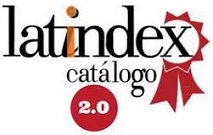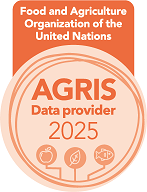Efecto de las condiciones previas y posteriores a la incubación y de un alimento complementario sobre el rendimiento y el metabolismo de los pollos de engorde
Palabras clave:
Inicio, Metabolismo, Alimentación-tempranaResumen
Hatching egg quality and its pre- and post-incubation/hatching environment are factors that influence embryo development, quality and performance of chicks. A better knowledge of these impacts is essential to detect or anticipate disorders and to make actions, allowing a good hatching and start. The study objective was to evaluate impact of ‘optimal’ or ‘unfavourable’ pre- and post-incubation conditions, coupled or not with a nutritional booster distributed at D1, on hatchery, growth and slaughter performance and on indicator of metabolic status. Three groups of 100 chicks were formed. The “optimal conditions” group was composed of chicks from 35-week-old female breeders, stored for 5 days before incubation and reared 4 hours after hatching; the “unfavourable conditions” group was composed of chicks from 58-week-old female breeders, stored for 13 days before incubation and reared 24 hours after hatching; and the third “supplement” group was composed of chicks from the “unfavourable conditions” group, for which a nutritional booster was added on feed at D1. The eggs of old hens stored for 13 days were heavier (+7g), lost more weight during storage (+0.024g/d), and had lower fertility (-17pt) and hatching rates (-26pt) than those of the “optimal conditions” group. The visual quality score of chicks was lower at D0, 1 and 7 for the “poor conditions” group. At the end of rearing (42 days), the mortality rate, live weight, weight and colour of the breast were equivalent between the 3 groups. It should be noted, however, that for all groups combined, the number of dead males was 7 times higher than that of females (14 vs. 2). Blood measurements of metabolic parameters showed that antioxidant capacity (D0, D7, D43) of chickens was reduced for the “unfavourable conditions” group. The nutritional supplement improved the antioxidant capacity measured at D42.
Descargas
Publicado
Cómo citar
Número
Sección
Licencia
Derechos de autor 2025 Sociedad de Medicina Veterinaria del Uruguay-Facultad de Veterinaria, Universidad de la República

Esta obra está bajo una licencia internacional Creative Commons Atribución 4.0.











